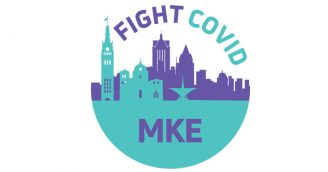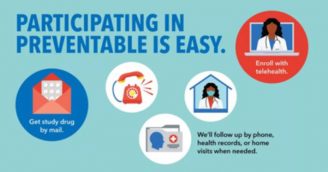15 May Novel Ways to Treat Cystic Fibrosis
Cystic fibrosis (CF) is an inherited chronic disease that affects the lungs and digestive system of about 30,000 children and adults in the United States. A defective gene and its protein product cause the body to produce unusually thick, sticky mucus that clogs the lungs and leads to life-threatening lung infections, obstructs the pancreas and stops natural enzymes from helping the body break down and absorb food. With mucus-clogged lungs, breathing becomes difficult, and bacteria caught by the mucus in the airways can cause inflammation and infections, and, ultimately, permanent lung damage. The thick, sticky mucus also obstructs tubes, or ducts, in the pancreas, hindering release of digestive enzymes and creating vitamin deficiency and malnutrition as the body fails to break down and absorb nutrients from ingested foods.
According to the Cystic Fibrosis Foundation, about 1,000 individuals are diagnosed with cystic fibrosis each year. Advances in research and medical treatments have enhanced and extended the lives of people with CF. Today, many with the disease live into to their 30s, 40s and longer, while in the 1950s few lived to attend elementary school.
CTSI provides the infrastructure that is currently supporting several clinical trials for cystic fibrosis that are led by translational researcher Julie Biller, MD. Two of these trials are to test inhaled antibiotics; the goal of the inhaled antibiotic therapy is to stabilize pulmonary function, by reducing the amount of infection in the lungs, with the hope of preventing pulmonary function decline in CF patients.
The other study is a surveillance trial that is watching for complications to an important current therapy for the 85% of CF patients with exocrine pancreatic insufficiency, namely pancreatic enzyme replacement therapy.
Dr. Biller also has two upcoming trials, including a Phase I trial which is looking at an investigational medication which may help boost the immune response to pseudomonas aeruginosa, a bacterium that infects the lungs, causing a slow progressive decline in lung function and ultimately death in the majority of those with CF. “This clinical trial is very, very exciting because a lot of the preliminary studies were conducted here at the MCW Department of Microbiology over the last 10-15 years, and it’s great to see a company actually develop a medication based on our research and using some of their own knowledge to create a novel treatment for this type of pseudomonas infection. This is the natural progression of science and now it is ready to be studied in humans to see if it really is helpful and protective for CF patients.” said Dr. Biller.
The CF community is a very close knit and motivated population. Many of our patients understand that participating on a clinical trial might be a way to help find a cure; this will help researchers find therapies that can improve the patient’s quality of life and improve survival rates.
“There is a lot of support on this campus through the CTSI and the Translational Research Units (TRUs); the CF program utilizes both the Pediatric and Adult TRUs. I am very proud of the fact that we’ve been able to increase the number of CF studies and allow more people to participate in research. When we first started doing clinical trials, we could only offer Phase III trials, but now because of the support of the TRUs, we are able to conduct earlier phase trials.” said Dr. Biller.
The Medical College of Wisconsin is part of the CF Foundation’s Therapeutics Development Network (TDN) which is a subset of the Foundation’s Care Center Network and is a nationwide network of about 80 cystic fibrosis clinical research centers. The TDN centers work to promote quality, safety and efficiency in CF clinical trials by centralizing and standardizing the research process.
May is CF Awareness Month!











